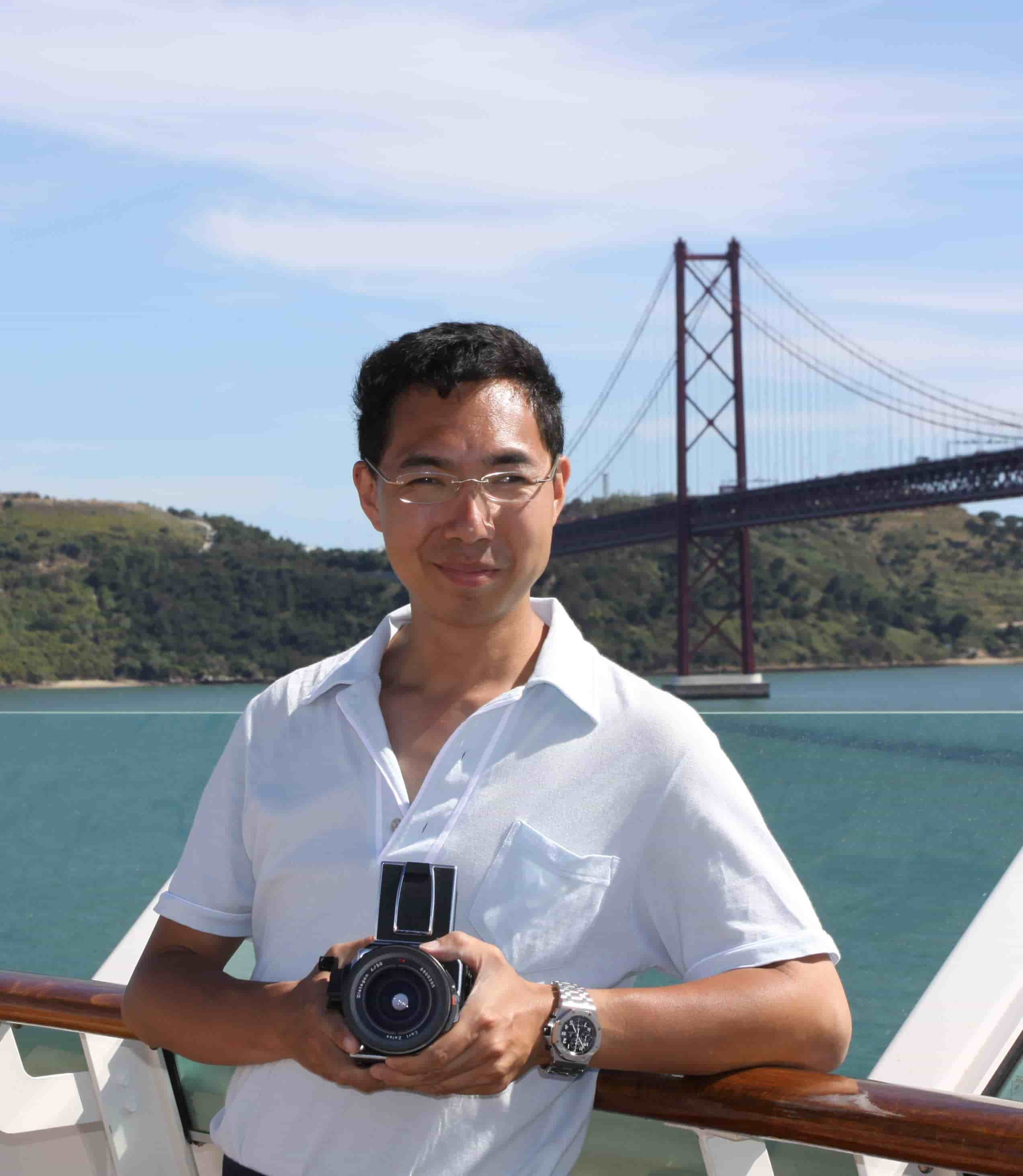Foreword: Resilient and Sustainable Interconnected Critical Infrastructure Systems - Part 2
Written by Wentao Zhu
There is widespread agreement that critical infrastructure security and resilience must be enhanced in a smart city environment. For example, sector security and resilience plans provide the strategic vision to guide the national effort to manage risk to the Critical National Infrastructures (CNI) in the UK [1]. Nevertheless, the complexity of CNIs and their inherent interdependencies make it difficult to realise this aim. Recent research efforts are therefore devoted to the development of new methodologies for understanding and consequently, managing the risks associated with interconnected CNIs.
Assessing the CNIs’ interdependencies requires the accurate modelling and simulation of complex and multidimensional elements. Analytical methodologies, such as Complex Network Theory (CNT)-based approaches, provide efficient yet flexible means to understand the non-trivial risk elements within coupled CNIs [2]; whereas co-simulation platforms are useful in developing new technologies and evaluating existing methods [3].
The September special Issue includes three articles on this important smart cities topic. The first article introduces a data-driven, Model-Based Systems Engineering-guided approach to developing open-source structural models for the American Multi-Modal Energy System (AMES). The AMES reference architecture is applied to an asset-level GIS dataset called Platts Map Data Pro to create models of several regions. The instantiated structural models include, for the first time, the electric grid, the natural gas system, the oil system, the coal system, and the interconnections between them as defined by the AMES reference architecture.
The authors of the second paper developed an AI and Computer Vision-based Security-as-a-Service Solution for vehicular and walkway traffic which generates an enormous amount of data from smart city sensing devices.
The third paper reviews various strategies in the implementation of bidirectional power flow-based charging infrastructure in the planning of a smart city and how it benefits the city’s administrative as well as the people living in the city.
Wentao Zhu
IEEE Smart Cities eNewsletter Guest Editor
References
- UK Cabinet Office, (2017), Public Summary of Sector Security and Resilience Plans, Available: https://assets.publishing.service.gov.uk/government/uploads/system/uploads/attachment_data/file/678927/Public_Summary_of_Sector_Security_and_Resilience_Plans_2017__FINAL_pdf___002_.pdf
- W. Zhu, M. Han, J. V. Milanović and P. Crossley, "Methodology for Reliability Assessment of Smart Grid Considering Risk of Failure of Communication Architecture," IEEE Transactions on Smart Grid, vol. 11, no. 5, pp. 4358-4365, Sept. 2020.
- D. van der Velde, Ö. Sen and I. Hacker (2021), "Towards a Scalable and Flexible Smart Grid Co-Simulation Environment to Investigate Communication Infrastructures for Resilient Distribution Grid Operation," 2021 International Conference on Smart Energy Systems and Technologies (SEST), 2021, pp. 1-6.
To view all articles in this issue, please go to September 2022 eNewsletter. For a downloadable copy, please visit the IEEE Smart Cities Resource Center.

To have the eNewsletter delivered monthly to your inbox, join the IEEE Smart Cities Community.
Past Issues
To view archived articles, and issues, which deliver rich insight into the forces shaping the future of the smart cities. Older eNewsletter can be found here. To download full issues, visit the publications section of the IEEE Smart Cities Resource Center.



